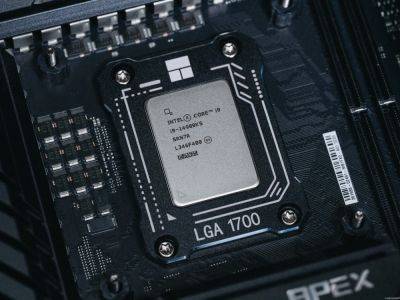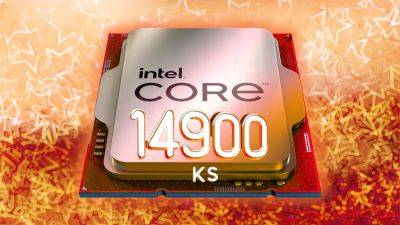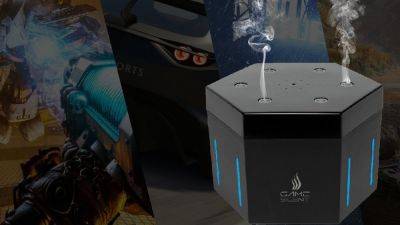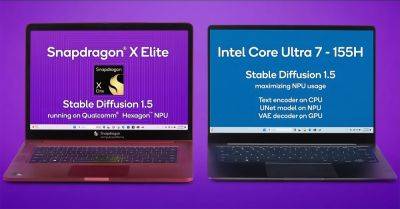Intel Core i9 14900KS surfaces ahead of release with claims to a 6.2GHz Turbo and peak wattage to make your graphics card jealous
If you thought Intel had already strung every drop of performance out of its top Raptor Lake die, you'd be wrong. Though it does appear that it's getting tougher and tougher for the company to crank up clock speeds. The unreleased Core i9 14900KS has been spotted in the OCCT benchmark database with a supposed multiplier of 62x—it's aiming at 6.2GHz, effectively—and with peak wattage exceeding 400W.
Crikey, that's one helluva hungry computer chip, as spotted by Benchleaks on X. That's the sort of wattage we can expect from a high-end graphics card. Though this is only two limited benchmark runs and the final product hasn't been announced yet.
The benchmark in question does offer a little insight into the proposed computer chip. It'd maintain the same combination of eight P-cores and 16 E-cores as the Core i9 14900K, the maximum configuration with the top Raptor Lake desktop chip, though it'd look to increase the maximum P-core clock from 6GHz on the 14900K to 6.2GHz.
That said, the actual data from the benchmark run does not reflect this chip's 6.2GHz aspirations. The P-cores appear to be operating at around 5.5GHz at 409W, or 5.7GHz at 387W, depending on the benchmark run. That's not to say it's not reaching 6.2GHz under some circumstances, though a couple hundred megahertz is hardly going to make much of a difference to real-world performance—we have evidence of that already, just give my 14900K review a read.
The Processor Base Power of the 14900KS also would appear to be 25W higher than the 14900K at 150W to 125W. Not the least bit surprising as the Core i9 13900KS was the same. Though you might have noticed this is considerably lower than the peak wattage noted during the benchmark run. That's because Intel doesn't hold its chips to the Processor Base Power. Rather, a chip is allowed to far exceed it with much higher PL1 and PL2 limits. In the case with the previous KS chip, it also offered an Extreme Power Delivery Profile that allowed for much higher ICCMax







